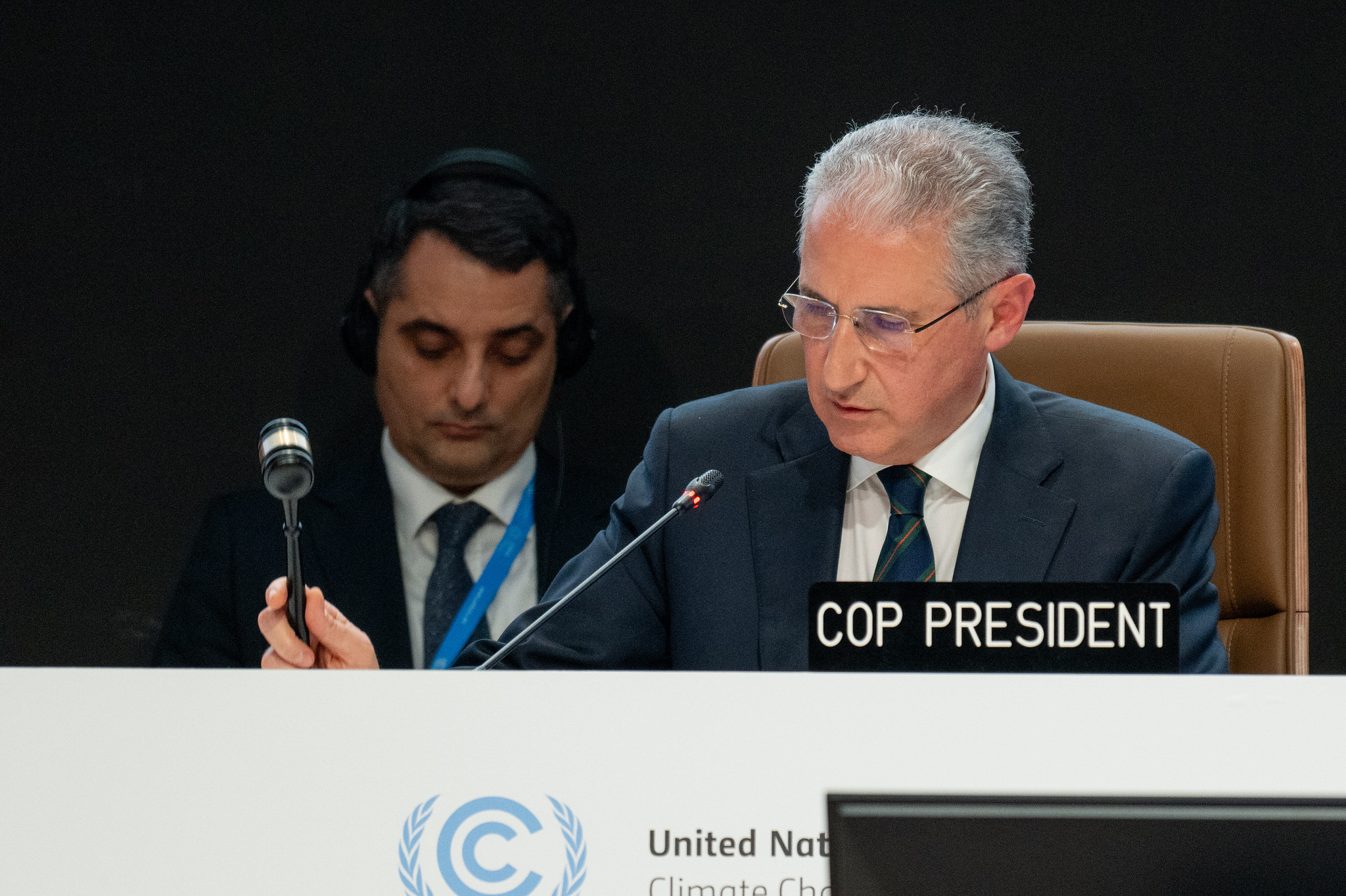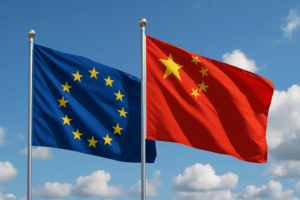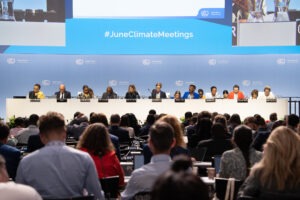COP29 faced a seemingly insurmountable geopolitical headwind. Donald Trump just won the US election with the most likely prospect of pulling the US out of the Paris Agreement. Argentina withdrew their delegation in the middle of the conference. A diplomatic mess led France to ground their ministers for the second week political fight.
Yet nearly 200 countries did manage to reach an agreement in Baku. The discontent with the process of adopting the decision was stark, but Ministers showed they still see multilateralism as the only way to solve existential global crisis. Those who give up a seat at the table are giving up the power to shape their own future.
Barely there
Ministers agreed on the bare minimum in the new global climate finance goal at the heart of this year’s negotiations. A small increase in support for developing countries from $100bn per year to at least $300bn per year over the next 10 years tested every country’s nerve. A “Baku to Belem roadmap” of ways to mobilise at least $1.3 trillion could provide some confidence the scale of finance needs could be met.
But fights over who should or should not contribute to the new finance goal overshadowed the science that urges us to act now if we want to avoid the worst climate disasters. Developed countries holding back their position stifled any chance of unity amongst the countries wanting to keep small islands afloat. The blockers of accelerated fossil fuel transition stepped into the void. Mexico’s new net zero pledge and the UK’s 81% emissions reduction target for 2030 (on 1990 levels) don’t quite compare to no global progress on how to implement last year’s decisions to transition away from fossil fuels and end deforestation.
Mandates and process mismanaged
The Azerbaijan Presidency blundered the process leaving some parties excluded from consultations and allowing Saudi Arabia to directly edit texts to delete any progress on the transition away from fossil fuels. But Climate Ministers had too narrow a mandate to fundamentally change their offer here in Baku.
Global security and economic opportunity depend on all countries being able to participate in the green economic transition. International climate finance is an investment in national security. We can’t expect Climate Ministers to do the job for them. Finance Ministers and Leaders need to prioritise climate action and broaden those mandates.
The path from here
The next 12 months to COP30 – where we celebrate and reflect on 10 years of the Paris Agreement – will be the ultimate test of whether the world is serious about avoiding the worst climate impacts. Countries’ new national plans are due before COP30 and need to drastically improve on the 2.5 degrees of global warming we’re currently on track for. That means setting policies to transition away from fossil fuels and implementing the financial system transformations that can get the trillions flowing.
Finance is being unlocked beyond the confines of the UN climate conventions even if not yet at the scale and pace needed. Developing countries have been leading the charge to accelerate reforms in the finance system with the Bridgetown Initiative and expert reviews on debt solutions and solidarity levies. With private sector investment relied upon for the bulk of the $1.3 trillion mobilisation aim, it’s time for Ministers to turn their eye to reforming the financial rules that hinder them from investing in global south countries.
Where do we go from here? A new level of collaboration between Europe and China could become the new force of global climate action if they are able to overcome key tensions around trade and security. Both geopolitical blocs share mutual interest in lowering their dependency on imported fossil fuels, building global green markets and building partnerships for development.
This alliance can only truly work for everybody if Europe and China build a common front with the other G20 emerging economies, including Brazil, South Africa, Turkey, India and Indonesia, as well as with the most vulnerable countries that made their voice heard in the final hours of COP. Together, this alliance can navigate the world through a safer journey against the more disruptive forces that want to protect the status of the fossil economy.
Photo by COP29 Azerbaijan








